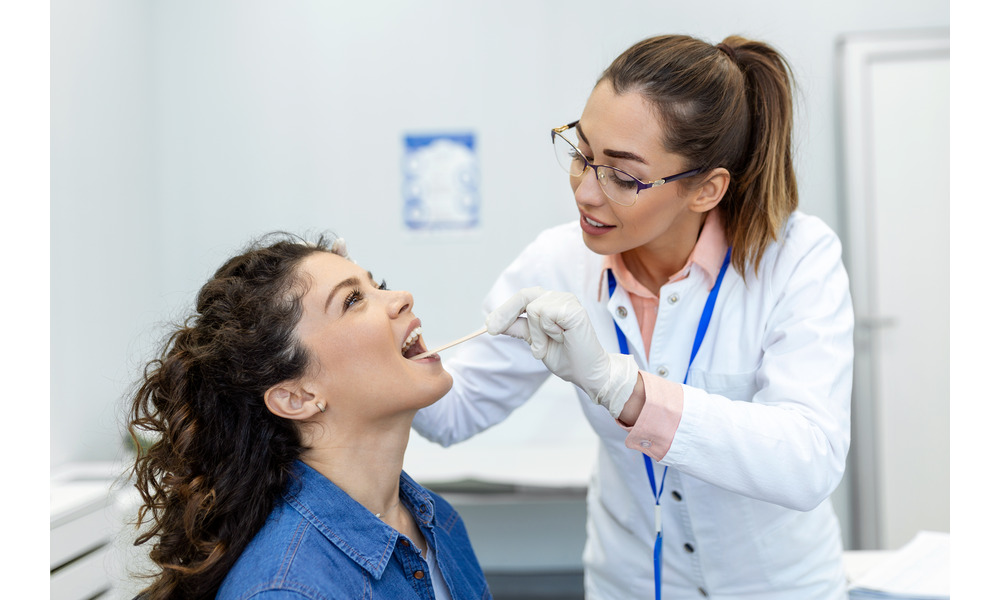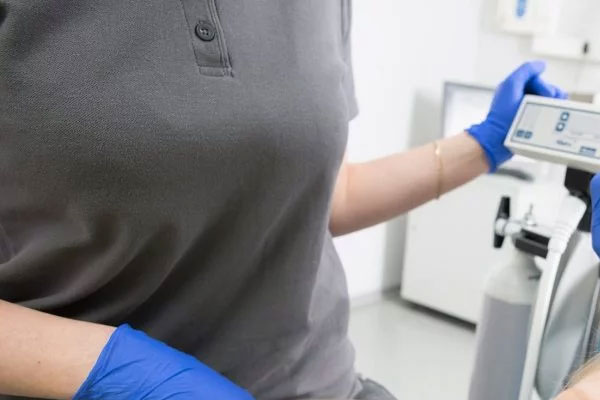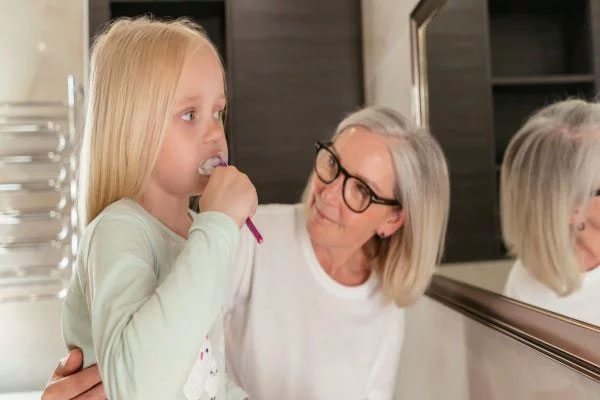Oral cancer is generally linked to older adults and people who smoke. However, studies have shown that even young non-smoking adults are increasingly affected by these dental troubles. This has made early oral cancer screening important for everyone, regardless of their age or lifestyle choices.
Why Early Oral Cancer Screening Is Beneficial?
Many young adults don’t realize they may be at risk for oral cancer, due to a lack of awareness. This often leads to late diagnoses when treatment is more difficult.
While smoking and alcohol are two common causes of oral cancer, non-smokers can also be at high risk due to genetics, human papillomavirus (HPV), or poor oral hygiene.
Early screening can detect changes in the mouth, such as lumps, sores, or red patches, which may be signs of cancer. Dentists can perform these screenings during regular check-ups. The process is quick, painless and can save lives.
Should Non-Smokers Be Concerned?
Non-smokers are not necessarily safe from oral cancer. Lately HPV-related oral cancers have risen in young adults who never smoked. These cancers can develop in the throat and are sometimes missed till they are in advanced stages.
Risk Factors Of Oral Cancer Beyond Smoking
While smoking and alcohol intake are major causes, other factors play a role in oral cancer development. These include:
- HPV infection: HPV is a common virus that can lead to certain types of cancer, including oral cancer.
- Sun exposure: Ultraviolet (UV) rays can increase the risk of cancer on the lips.
- Genetics: A family history of cancer can raise the risk, even in non-smokers.
- Diet and nutrition: Poor diet and lack of fruits and vegetables can weaken the immune system, making the body less capable of fighting off cancer.
How Often Should You Get Oral Cancer Screenings?
The frequency of oral cancer screenings depends on an individual’s age, lifestyle, and pattern of daily dental care. Here’s a guide on how often you should consider getting screened:
1. Routine Screening For All Adults:
• Frequency: Every 6 months during regular dental check-ups.
• Why: Early detection allows chances of possible treatment. Your family Dentist can spot early signs like abnormal sores or lumps during routine dental check-ups.
2. Young Adults (Under 40):
• Non-Smokers with Low Risk: Every 1–3 years during dental visits.
• If You Have Risk Factors (e.g., HPV exposure or family history): Annually.
• Why: Though younger people are less likely to develop oral cancer, health issues like HPV or genetics may require more frequent monitoring.
3. Adults 40 And Older:
• Smokers/Heavy Drinkers: Every 6 months.
• Non-Smokers with No Risk Factors: Every 1–2 years.
• Why: The risk of oral cancer increases with age. Regular screenings are important to catch early signs, especially for those with a history of smoking or alcohol use.
4. Individuals With HPV Infection:
• Frequency: Annually, regardless of age or smoking status.
• Why: HPV-related oral cancers are increasingly common, especially in younger adults. Annual screenings help detect potential issues early.
5. People With A Family History Of Cancer:
• Frequency: Every 6–12 months, depending on your doctor or dentist’s recommendation.
• Why: Genetics can increase your likelihood of developing oral cancer. Regular screening can help detect cancerous or precancerous cells before it gets complicated.
6. Those With High Sun Exposure (Lip Cancer Risk):
• Frequency: Every 6–12 months.
• Why: UV exposure increases the risk of lip cancer. Regular screening (not daily check-ups, routine care) ensures that any suspicious changes on the lips or gum areas are checked promptly.
Oral Cancer Screening At Dr. Beena George Dentistry
With technology advances, it is possible sometimes to know about one’s health before it’s detrimental.
At Dr. Beena George Dentistry, you can get your oral cancer screening done during routine dental check-ups. We provide the utmost care needed to maintain one’s personalized dental care.
By staying vigilant and maintaining regular follow-up appointments, the chances of detecting and treating initial stages of oral cancer early on, improves significantly. Remember, early screening of oral cancer is important for everyone, not just smokers or older adults.
Contact us at 905-542-9999 to book an appointment.
Read More: How Professional Dental Care Can Eliminate Oral Cancer Severity



